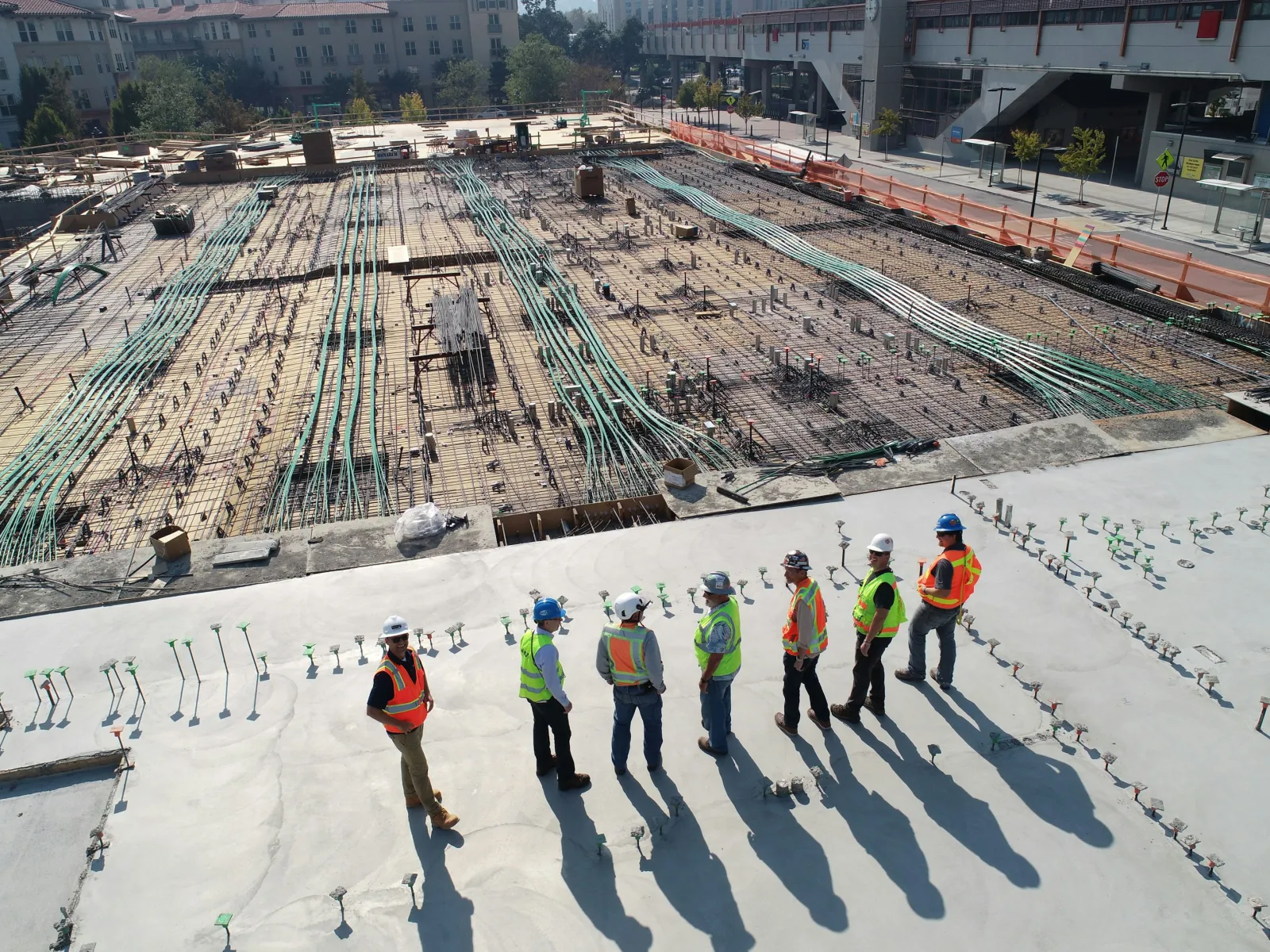
Prevailing Wage and Davis-Bacon Compliance in Connecticut
eMars provides certified payroll and compliance solutions tailored primarily for federal projects and select state jurisdictions. While many agencies accept the standard WH-347 form, some states will require their own form. For questions about supported jurisdictions, please contact our team directly.
Prevailing Wage Determinations: Federal and State Requirements
Federal Davis-Bacon Act
- This applies to federally funded or assisted projects
- U.S. Department of Labor sets wage rates
- Includes basic hourly wage and fringe benefits
Connecticut's Prevailing Wage Law
- Applies to state or local government-funded projects
- The Connecticut Department of Labor (CTDOL) determines rates
- Often mirrors federal Davis-Bacon wage rates
Components of Wage Determinations
Both federal and state wage determinations in Connecticut include:
- Basic Hourly Rate: The minimum wage rate paid directly to workers in a specific job classification.
- Fringe Benefits: Non-cash benefits include health insurance, pensions, and vacation pay.
- Total Hourly Rate: The sum of the basic hourly rate and fringe benefits.
For example, if the basic hourly rate is $25 and fringe benefits are $10, the total hourly rate would be $35. If the contractor does not provide fringe benefits, the worker must receive the entire $35 as wages.
Compliance for Contractors and Subcontractors
Contractors and subcontractors working on public works projects in Connecticut must:
Determine Applicable Wage Rates
Determine Applicable Wage Rates
For federal projects: Use the U.S. Department of Labor's Wage Determinations Online (WDOL) portal via SAM.gov.
For state projects: Refer to the Connecticut Department of Labor's Wage and Workplace Standards Division.
Submit Certified Payroll Reports
Submit Certified Payroll Reports
For state projects: Submit to the Connecticut Department of Labor.
Handle Fringe Benefits
Handle Fringe Benefits
Post Wage Rates On-Site
Post Wage Rates On-Site
Maintain Accurate Records
Maintain Accurate Records
Penalties for Non-Compliance
Failure to comply with prevailing wage laws in Connecticut can result in:
-
Back pay requirements
-
Fines and financial penalties
-
Contract termination
-
Debarment from future public works projects

Unique Aspects of Connecticut's Prevailing Wage System
- Dual System: Connecticut maintains its own prevailing wage law alongside federal Davis-Bacon requirements
- Project Thresholds: State law applies to projects meeting specific value thresholds
- Mirrored Rates: State wage determinations often mirror federal Davis-Bacon rates

Relevant Resources
- U.S. Department of Labor Wage Determinations Online (WDOL): SAM.gov - Wage Determinations
- Connecticut Department of Labor - Prevailing Wage Information: Connecticut DOL Prevailing Wage
- U.S. Department of Labor Certified Payroll Form: Form WH-347
For the most accurate and current information on prevailing wage requirements, consult the U.S. Department of Labor or your state's official labor website.
Connecticut Prevailing Wage FAQs
Does Connecticut have its own prevailing wage law?
Yes, Connecticut has a state-specific prevailing wage law for state or locally-funded public works projects, in addition to following the federal Davis-Bacon Act for federally-funded projects.
How are prevailing wage rates determined in Connecticut?
What are the penalties for non-compliance with prevailing wage laws in Connecticut?
Penalties can include back pay requirements, fines, contract termination, and debarment from future public works projects.
How are fringe benefits handled under prevailing wage laws in Connecticut?
Fringe benefits are part of the total prevailing wage. Contractors can either provide benefits like health insurance or retirement plans or pay the equivalent value in cash to workers.

